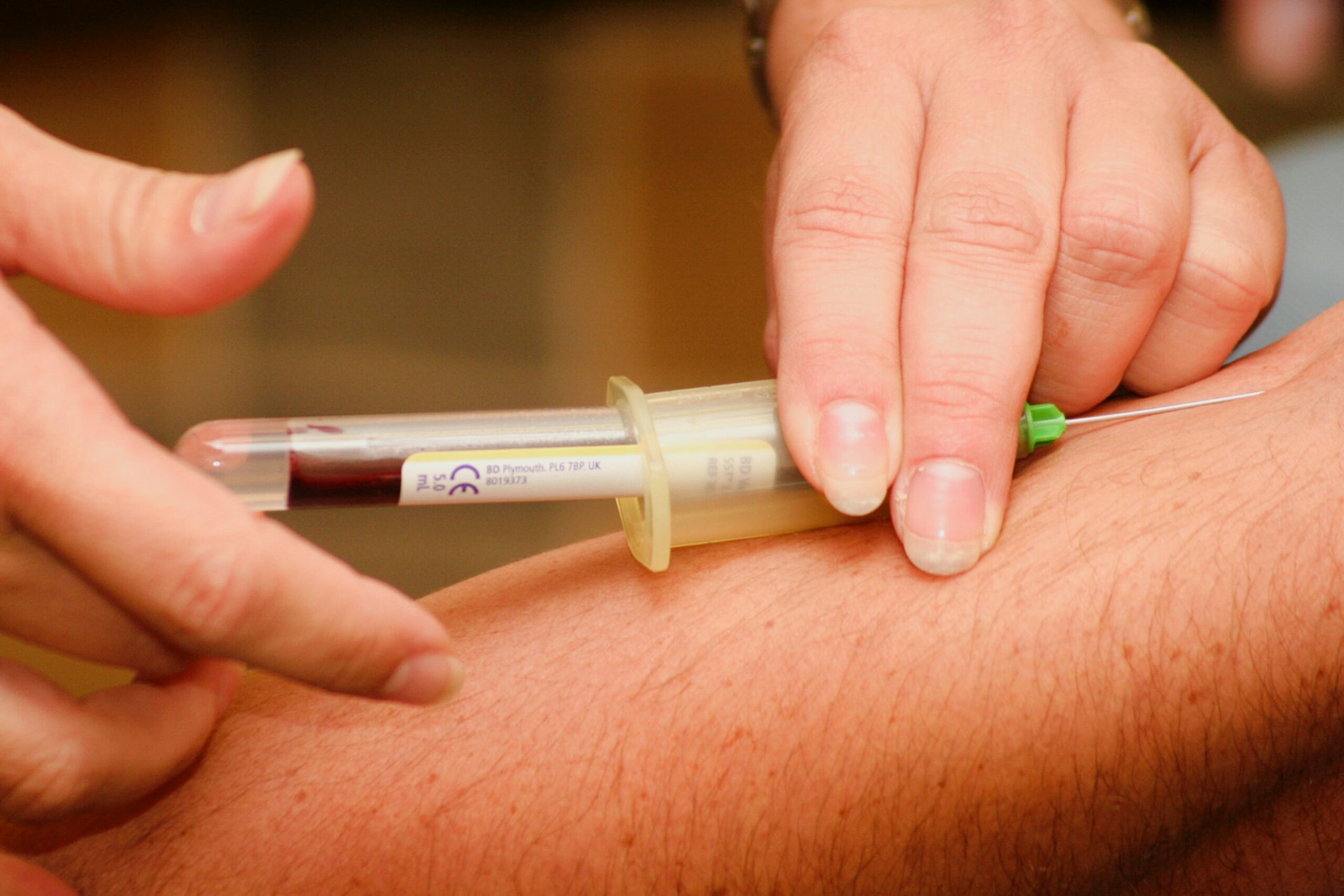Unlocking Natural Solutions: Proven Techniques to Lower Cholesterol Without Drugs

Cholesterol is a waxy substance that is found in the cells of our body. It plays a vital role in the production of hormones, vitamin D, and substances that help in digestion. However, high levels of cholesterol can increase the risk of heart disease and stroke. While medication can be prescribed to lower cholesterol, there are also natural ways to manage cholesterol levels without relying on medication. In this article, we will explore the different types of cholesterol and discuss effective natural methods to lower cholesterol.
Types of Cholesterol
Before diving into natural methods to lower cholesterol, it is important to understand the different types of cholesterol:
- Low-Density Lipoprotein (LDL) Cholesterol: Often referred to as “bad” cholesterol, LDL cholesterol can build up in the arteries and form plaques, leading to blockages and increasing the risk of heart disease.
- High-Density Lipoprotein (HDL) Cholesterol: Known as “good” cholesterol, HDL cholesterol helps remove LDL cholesterol from the arteries and transports it to the liver for elimination.
- Triglycerides: Triglycerides are a type of fat found in the blood. High levels of triglycerides, along with low HDL cholesterol, can increase the risk of heart disease.
Natural Ways to Lower Cholesterol
1. Eat a Heart-Healthy Diet: Making dietary changes is an effective way to lower cholesterol naturally. Incorporate foods that are rich in soluble fiber, such as oats, barley, legumes, and fruits. These foods can help reduce LDL cholesterol levels. Additionally, include sources of omega-3 fatty acids, like fatty fish (salmon, mackerel, and sardines), flaxseeds, and walnuts, as they can help increase HDL cholesterol.
2. Exercise Regularly: Engaging in physical activity on a regular basis can help increase HDL cholesterol levels and lower LDL cholesterol. Aim for at least 150 minutes of moderate-intensity aerobic exercise or 75 minutes of vigorous-intensity exercise per week.
3. Maintain a Healthy Weight: Losing excess weight can positively impact cholesterol levels. Even a modest weight loss can lead to a decrease in LDL cholesterol and triglyceride levels. Focus on a balanced diet and regular exercise to achieve and maintain a healthy weight.
4. Avoid Trans Fats and Limit Saturated Fats: Trans fats and saturated fats can raise LDL cholesterol levels. Avoid foods that contain trans fats, such as fried and processed foods. Limit the intake of saturated fats found in red meat, full-fat dairy products, and tropical oils. Instead, opt for healthier fats like olive oil and avocado.
5. Quit Smoking: Smoking damages blood vessels and lowers HDL cholesterol levels. Quitting smoking can improve overall cardiovascular health and increase HDL cholesterol levels.
6. Manage Stress: Chronic stress can contribute to high cholesterol levels. Find healthy ways to manage stress, such as practicing relaxation techniques, exercising, or engaging in hobbies.
7. Consume Antioxidant-Rich Foods: Antioxidants can help prevent the oxidation of LDL cholesterol, reducing the risk of plaque formation. Include foods rich in antioxidants, such as berries, dark chocolate, and green leafy vegetables, in your diet.
Lowering cholesterol without medication is indeed possible through lifestyle modifications and dietary changes. By adopting a heart-healthy diet, engaging in regular exercise, maintaining a healthy weight, and implementing stress management techniques, you can effectively manage cholesterol levels naturally. Additionally, avoiding trans fats, limiting saturated fats, quitting smoking, and consuming antioxidant-rich foods can further contribute to a healthier cholesterol profile. Remember, it is always essential to consult with a healthcare professional before making significant changes to your lifestyle or stopping any prescribed medications.




